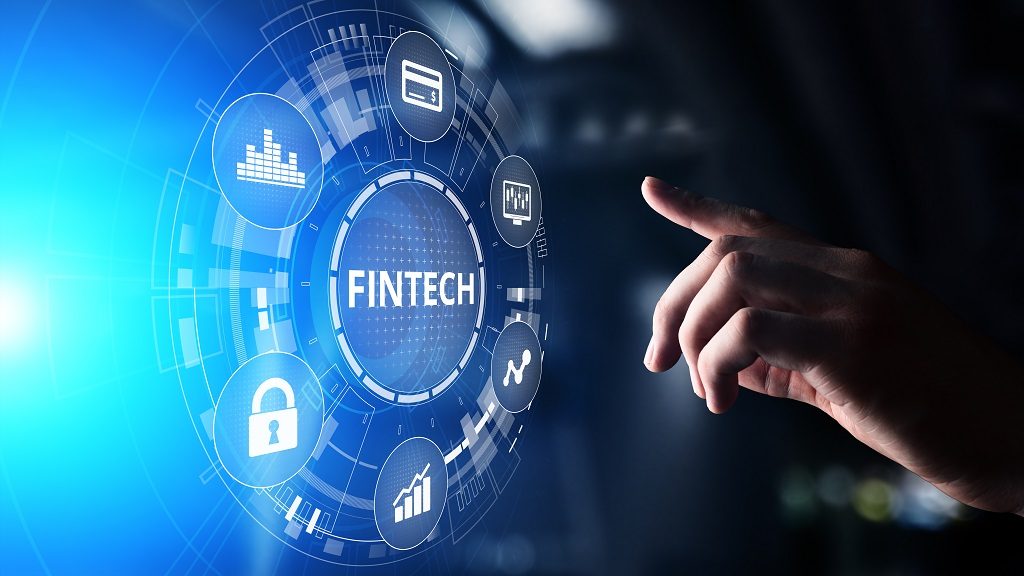10 Tips to Protect Your Banking Information in the Digital World
With the prevalence of online banking, it has never been more important to take steps to protect your sensitive financial information. According to recent studies, fraudsters stole an estimated $17 billion globally from online bank accounts and payment cards in one year alone. Here are 10 key tips from the experts at Dealnew to help readers better safeguard their accounts and transactions conducted over the internet.
#Tip 1: Use Strong and Unique Passwords
Your password is often the first and last line of defense for your online banking activities. It's vital to choose a strong, complex password that would be extremely difficult for hackers to guess. Opt for long passwords using a mixture of uppercase and lowercase letters, numbers, and symbols whenever possible. And most importantly, never reuse the same password across multiple sites where it could potentially be exposed. For optimal security, consider using a reputable password manager to generate and store unique, random credentials for each account.
.png)
#Tip 2: Enable Two-Factor Authentication
For an extra layer of protection beyond just a password, enable two-factor authentication (2FA) on all of your financial accounts that support it. With 2FA enabled, even if a password is compromised you'll need to confirm login attempts through a second verification method such as an authentication app, security key, or one-time code sent via text message. This makes it much harder for cybercriminals to access your accounts without also possessing your mobile device. Take advantage of this freely available security feature wherever it's available.
#Tip 3: Beware of Phishing Scams
Phishing continues to be one of the most effective hacking techniques used by fraudsters to steal people's login credentials and private financial information. Be wary of unsolicited emails, texts, or phone calls claiming to be from your bank or a payment service prompting you to click a link or open an attachment. Instead of engaging, hover over links to check their actual destination and be alert for poor grammar/spelling that may be a red flag. If concerned, contact your financial provider directly through the official channels listed on statements before interacting with any communication.
.png)
#Tip 4: Use a Firewall and Update Security Software
Installing and maintaining a firewall helps control what traffic is allowed in and out of your computer network, providing a buffer against unwanted intrusions and cyberattacks attempting to pull credentials or install malware. Similarly, keeping anti-virus programs updated with the latest definitions is essential for detecting and blocking the downloading and execution of financial malware that may infect your system in hopes of stealing sensitive data like online banking passwords.
#Tip 5: Disable Unneeded File Sharing/Downloading
Just as it's inadvisable to accept files from untrusted sources, consider disabling any file-sharing services running on your computer if unused. While convenient for transferring media, open ports expose potential entry points for infections to spread from infected shared files on peer-to-peer (P2P) networks or public torrents. Financial malware has been known to install through file transfer protocols, so adjust sharing settings accordingly if not required.
#Tip 6: Use Secure Networks for Financial Tasks
Public Wi-Fi hotspots found in many airports, cafes, and hotels can pose risks if cybercriminals are also connected, as your internet traffic may be visible without encryption. Only conduct banking activities over personal secure connections like your home wireless if possible. As a precaution, avoid logging into accounts or processing payments entirely on unsecured public networks.
#Tip 7: Clear Browser History and Cache Regularly
Any data stored in your web browser, such as saved passwords, open tabs, and cache files, could potentially be exploited if your device falls into the wrong hands. Configure browsers to automatically delete temporary internet files upon exit and manually clear history tabs with banking information after use. This removes digital traces left behind that may be retrievable even after deleting if your computer is compromised or shared with others.
.png)
#Tip 8: Limit Login Devices Where Possible
Where applicable, restrict online banking access to personal devices you know to be clean and secure rather than using public terminals that could be tampered with. Contact your financial providers inquiring about device management options for registration and remotely removing access to unrecognized computers if yours goes missing. Limiting login locations adds a subtle extra layer of account security.
#Tip 9: Enable Login Alerts For Early Detection
Sign up for login alerts through text, push, or email notifications whenever changes are detected on your account such as failed sign-in attempts from unknown IP addresses. While unable to prevent theft directly, alerts allow issues to be addressed much faster by contacting your bank right away if unauthorized activity is spotted. Early response is key to potentially limiting losses and regaining access.
#Tip 10: Beware of Email Money Requests Scams
Never transfer funds to other parties based solely on requests received through email, even if appearing to come from contacts or legitimate organizations. Scammers regularly spoof sender addresses or gain access to existing contacts to fool recipients into nonsensical wire or money release scams. Always verify transactions through official contact methods before initiating any payments to protect against financial losses.
Conclusion
In overall, protecting your online banking information in today's digital world requires an ongoing effort. By implementing some of the tips listed here, readers can significantly elevate the security of their financial activities conducted virtually. At Dealnew, we encourage applying a layered approach to online security incorporating multiple best practices for optimal protection against both opportunists and targeted cybercriminals. Staying vigilant is key to avoiding becoming the next victim of an evolving set of cyber threats. Let us know if you have any other questions!
Read more: Notable corporate financial indicators for managers and investors
LATEST

Last updated: Apr 24, 2025

Last updated: Aug 30, 2024

Last updated: Sep 9, 2024

Last updated: Sep 9, 2024

Last updated: Sep 9, 2024

Last updated: Sep 9, 2024
